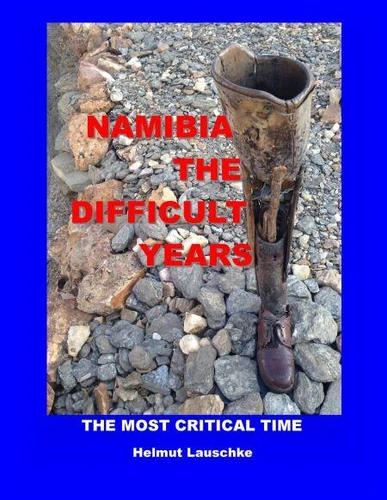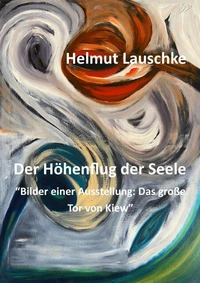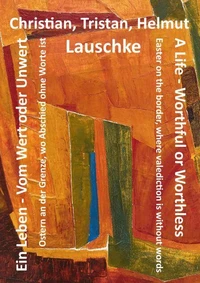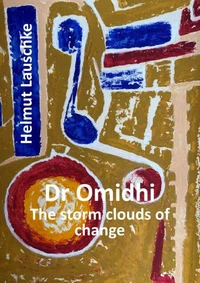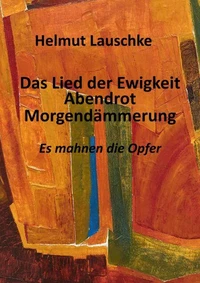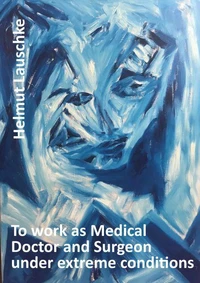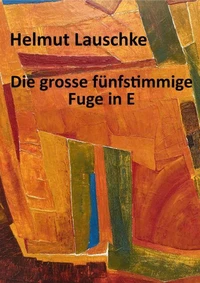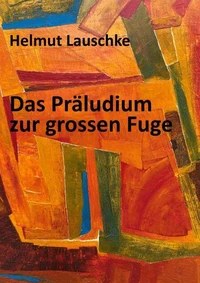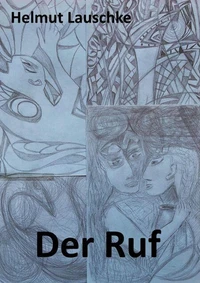Namibia - The difficult Years. The most critical time
Par :Formats :
Disponible dans votre compte client Decitre ou Furet du Nord dès validation de votre commande. Le format ePub est :
- Compatible avec une lecture sur My Vivlio (smartphone, tablette, ordinateur)
- Compatible avec une lecture sur liseuses Vivlio
- Pour les liseuses autres que Vivlio, vous devez utiliser le logiciel Adobe Digital Edition. Non compatible avec la lecture sur les liseuses Kindle, Remarkable et Sony
 , qui est-ce ?
, qui est-ce ?Notre partenaire de plateforme de lecture numérique où vous retrouverez l'ensemble de vos ebooks gratuitement
Pour en savoir plus sur nos ebooks, consultez notre aide en ligne ici
- Nombre de pages338
- FormatePub
- ISBN978-3-7380-9253-0
- EAN9783738092530
- Date de parution18/11/2016
- Protection num.Digital Watermarking
- Taille809 Ko
- Infos supplémentairesepub
- Éditeurneobooks
Résumé
Heavy mortars started shooting hard volleys from the camp with ear-splitting noises. The theatre room was shaking and the instruments jingled on the instrument table after each round. "That is really like war", Lizette said when the impacts were heard not far away. The twitch of fear flickered over her pale face. I did not think otherwise when I said that shootings at this time were rather normal, but that one would get used to it.
"But these are bad news", Lizette replied and I agreed silently. The operation was finished and the bandages were put on. The patient was lifted onto the trolley and carried to the recovery room. I thanked the staff for its cooperation. The doctors left the theatre room for the small tea room when a missile whizzed so close over the corrugated roof that the whole theatre building was shaking. The asbestos boards in the ceiling creaked and crunched and the windows rattled.
The toilet door slapped against the wall and the exit door banged into the lock. The nurses ran nervously in the corridor up and down, while I thought of the last decisive battle when much was at stake for the whites. These were the words of the brigadier he said in a morning meeting. Regarding the final stage he brought the allegory with the volcano that could erupt at any time. It became clearer with each day that the white painted and white blinded apartheid had reached its brink.
We changed the clothes and left the theatre building. The face of Lizette was pale, since the missile had 'whizzed' deep into her mind. We parted at the back entrance to the outpatient department. Lizette had not finished the sentence in which she mentioned the word 'future'. I went to consulting room 4 to see some patients before lunchtime. The waiting benches were fully packed. The reader is confronted with the various aspects of the work performance under compromised and often critical conditions, and with the various conflicts between the truth and the temptations of untruth.
"But these are bad news", Lizette replied and I agreed silently. The operation was finished and the bandages were put on. The patient was lifted onto the trolley and carried to the recovery room. I thanked the staff for its cooperation. The doctors left the theatre room for the small tea room when a missile whizzed so close over the corrugated roof that the whole theatre building was shaking. The asbestos boards in the ceiling creaked and crunched and the windows rattled.
The toilet door slapped against the wall and the exit door banged into the lock. The nurses ran nervously in the corridor up and down, while I thought of the last decisive battle when much was at stake for the whites. These were the words of the brigadier he said in a morning meeting. Regarding the final stage he brought the allegory with the volcano that could erupt at any time. It became clearer with each day that the white painted and white blinded apartheid had reached its brink.
We changed the clothes and left the theatre building. The face of Lizette was pale, since the missile had 'whizzed' deep into her mind. We parted at the back entrance to the outpatient department. Lizette had not finished the sentence in which she mentioned the word 'future'. I went to consulting room 4 to see some patients before lunchtime. The waiting benches were fully packed. The reader is confronted with the various aspects of the work performance under compromised and often critical conditions, and with the various conflicts between the truth and the temptations of untruth.
Heavy mortars started shooting hard volleys from the camp with ear-splitting noises. The theatre room was shaking and the instruments jingled on the instrument table after each round. "That is really like war", Lizette said when the impacts were heard not far away. The twitch of fear flickered over her pale face. I did not think otherwise when I said that shootings at this time were rather normal, but that one would get used to it.
"But these are bad news", Lizette replied and I agreed silently. The operation was finished and the bandages were put on. The patient was lifted onto the trolley and carried to the recovery room. I thanked the staff for its cooperation. The doctors left the theatre room for the small tea room when a missile whizzed so close over the corrugated roof that the whole theatre building was shaking. The asbestos boards in the ceiling creaked and crunched and the windows rattled.
The toilet door slapped against the wall and the exit door banged into the lock. The nurses ran nervously in the corridor up and down, while I thought of the last decisive battle when much was at stake for the whites. These were the words of the brigadier he said in a morning meeting. Regarding the final stage he brought the allegory with the volcano that could erupt at any time. It became clearer with each day that the white painted and white blinded apartheid had reached its brink.
We changed the clothes and left the theatre building. The face of Lizette was pale, since the missile had 'whizzed' deep into her mind. We parted at the back entrance to the outpatient department. Lizette had not finished the sentence in which she mentioned the word 'future'. I went to consulting room 4 to see some patients before lunchtime. The waiting benches were fully packed. The reader is confronted with the various aspects of the work performance under compromised and often critical conditions, and with the various conflicts between the truth and the temptations of untruth.
"But these are bad news", Lizette replied and I agreed silently. The operation was finished and the bandages were put on. The patient was lifted onto the trolley and carried to the recovery room. I thanked the staff for its cooperation. The doctors left the theatre room for the small tea room when a missile whizzed so close over the corrugated roof that the whole theatre building was shaking. The asbestos boards in the ceiling creaked and crunched and the windows rattled.
The toilet door slapped against the wall and the exit door banged into the lock. The nurses ran nervously in the corridor up and down, while I thought of the last decisive battle when much was at stake for the whites. These were the words of the brigadier he said in a morning meeting. Regarding the final stage he brought the allegory with the volcano that could erupt at any time. It became clearer with each day that the white painted and white blinded apartheid had reached its brink.
We changed the clothes and left the theatre building. The face of Lizette was pale, since the missile had 'whizzed' deep into her mind. We parted at the back entrance to the outpatient department. Lizette had not finished the sentence in which she mentioned the word 'future'. I went to consulting room 4 to see some patients before lunchtime. The waiting benches were fully packed. The reader is confronted with the various aspects of the work performance under compromised and often critical conditions, and with the various conflicts between the truth and the temptations of untruth.

